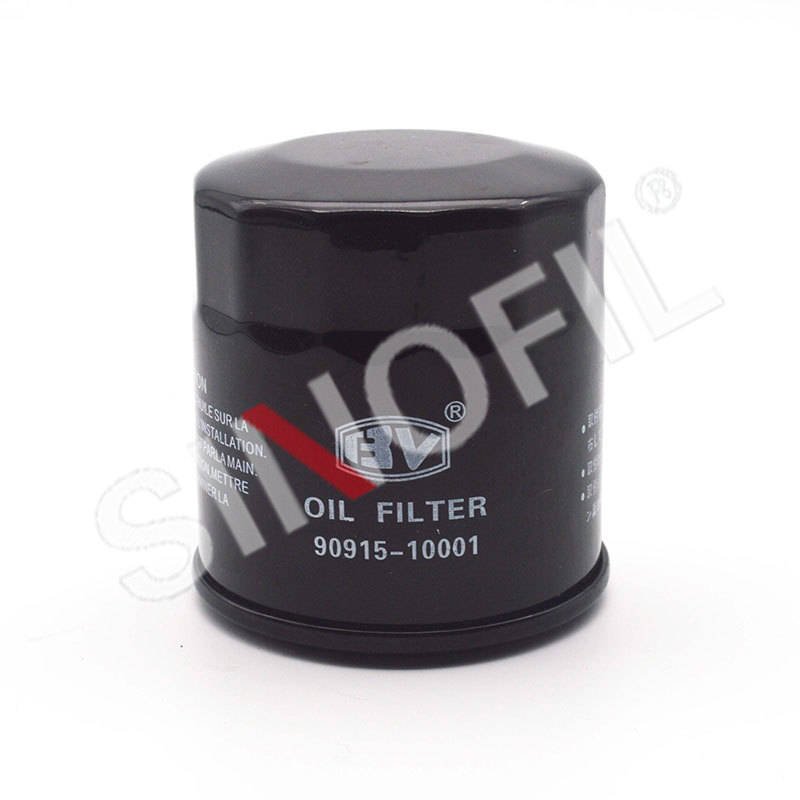Home / News / What factors affect the efficiency of an oil filter?
The efficiency of an oil filter is influenced by several key factors, which collectively determine how well it performs in removing contaminants from engine oil. Here are the main factors that affect the efficiency of an oil filter:
Filter Media Type:The type and quality of the filter media used greatly impact filtration efficiency. Common filter media include cellulose, synthetic fibers, and blends of these materials. Synthetic fibers often offer higher efficiency and durability compared to cellulose.
Micron Rating:The micron rating specifies the size of particles that the filter can effectively capture. A lower micron rating indicates finer filtration and higher efficiency in trapping smaller contaminants.
Surface Area of Filter Media:The surface area of the filter media affects how much oil can flow through the filter and how effectively contaminants are trapped. Filters with larger surface areas generally have higher dirt-holding capacity and efficiency.
Pleating and Design:The design of the filter, including the number and depth of pleats, affects the flow rate and the ability to capture contaminants. Well-designed filters maximize filtration efficiency without compromising oil flow.

Bypass Valve and Anti-Drainback Valve:These valves are integral to maintaining oil flow during cold starts and preventing unfiltered oil from circulating. Properly functioning valves ensure that the filter operates efficiently under varying conditions.
Filter Housing and Seals:The quality of the housing and seals affects the integrity of the filter assembly. A secure housing and effective seals prevent leaks and ensure that all oil passes through the filter media.
Oil Flow Rate and Pressure:The flow rate and pressure of the engine oil can impact filter efficiency. Filters are designed to operate within specific flow and pressure ranges to ensure optimal filtration performance.
Maintenance and Replacement:Regular maintenance and timely replacement of the oil filter are critical factors. Over time, filters can become clogged or lose efficiency, reducing their ability to effectively remove contaminants from the oil.
Environmental Conditions:Operating conditions such as temperature extremes, humidity levels, and exposure to contaminants (dust, dirt, water) can affect filter performance. Filters designed for specific environmental conditions may offer better efficiency and longevity.
Quality and Manufacturing Standards:The quality of materials used and adherence to manufacturing standards impact filter performance. Filters that meet or exceed industry standards are likely to provide higher efficiency and reliability.
By considering these factors, manufacturers and users can choose oil filters that best meet their performance requirements and ensure optimal engine protection against contaminants.



 English
English Español
Español











 ++86 183 3391 1399
++86 183 3391 1399


 +86 183 3391 1399
+86 183 3391 1399
 +86 187 3296 0060
+86 187 3296 0060 Wangshigong Village, Wei County, Xingtai City, Hebei Province, China
Wangshigong Village, Wei County, Xingtai City, Hebei Province, China
